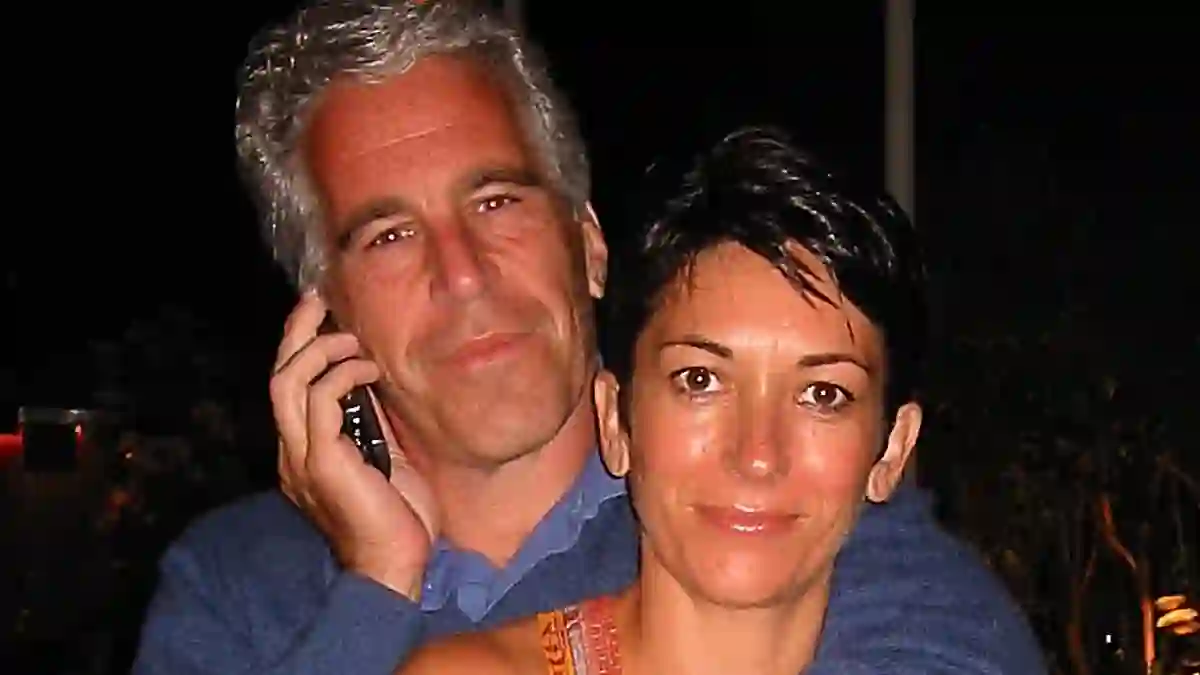When it comes to the biggest, most contentious deaths in modern American history, there’s one name that keeps surfacing—Dr. Michael Baden.
Whether it’s George Floyd, Michael Brown, JFK, or Jeffrey Epstein, this 90-year-old forensic pathologist has had a front-row seat to some of the nation’s most heated debates—and he rarely agrees with the official version.
Now, years after he first questioned the cause of Jeffrey Epstein’s death, Dr. Baden is still standing firm. And he’s once again making headlines.
Epstein’s Autopsy: Why Baden Believes It Wasn’t Suicide
In August 2019, Jeffrey Epstein died in his Manhattan jail cell. Officially, it was ruled a suicide.
But Dr. Baden, who was brought in by Epstein’s brother Mark as an independent observer, quickly saw things differently.
“I don’t think either of us [Dr. Roman and I] thought this looked like your typical suicide,” Baden explained in a new interview.
He was present at the autopsy, standing alongside Manhattan medical examiner Dr. Kristin Roman, able to request any extra tests or incisions.
Though Dr. Roman’s initial conclusion was inconclusive, her boss, Dr. Barbara Sampson, ruled the death a suicide just over a week later. Dr. Baden disagreed.
His verdict? It looked much more like homicide.
What Made Epstein’s Death So Suspicious?
For Dr. Baden, several details just didn’t add up.
For one, the fractures in Epstein’s neck—the hyoid bone and cartilage—were more consistent with strangulation than hanging, especially a partial hanging like Epstein’s.
“I’ve seen about 500 jail suicides by hanging in my career.
None had this kind of fracture pattern,” he said.
“Plus, Epstein wasn’t hanging from a height—he was sitting with his legs out.
That just doesn’t create the kind of pressure you need to break those bones.”
What About That Surveillance Footage?
Recently, the Justice Department released ten hours of prison surveillance footage from the night Epstein died.
It shows the hallway leading to his cell but includes a curious one-minute blackout right at midnight.
Attorney General Pam Bondi said this was normal, due to a nightly system reset.
Still, conspiracy theories exploded again.
Some speculated a killer used that exact moment to sneak into the cell. But Baden isn’t buying it.
“You’d need more than a minute to pull that off,” he said.
“Sure, Epstein could have been knocked out in seconds, but to tear sheets, create a noose, stage a scene—it would’ve taken at least 30 minutes.”
He’s more concerned with the full ten-hour window Epstein was left unsupervised.
That, he says, is when something shady could’ve happened.
George Floyd and Michael Brown: Baden’s Other High-Profile Opinions
Epstein isn’t the only controversial case Baden has weighed in on.
In 2020, George Floyd’s family hired him for a second autopsy.
Baden concluded that Floyd died from a lack of oxygen—not drugs or underlying health issues, as others claimed.
“He was in good health,” Baden told reporters at the time.
“I wish I had the coronary arteries he had.”
Years earlier, in 2014, Baden also performed an autopsy on Michael Brown, the Black teen shot and killed in Ferguson, Missouri.
He suggested Brown could’ve been surrendering when he was shot.
The officer was ultimately acquitted, but Baden’s comments fueled intense public debate.
From JFK to MLK: Baden’s Long History of Questioning the Narrative
Dr. Baden isn’t new to controversy. He’s testified in high-profile cases for decades.
He was even part of the House commissions investigating the deaths of President John F. Kennedy and Dr. Martin Luther King Jr.
His critics accuse him of being a hired gun.
Supporters say he’s just not afraid to speak the truth—especially when the official story doesn’t make sense.
Why the Epstein Case Still Haunts America
Six years after Epstein’s death, the internet is still buzzing with memes like “Epstein didn’t kill himself,” and wild theories about what really happened that night.
Dr. Baden seems both amused and exasperated by the case’s staying power.
“It’s not quite JFK or MLK,” he said. “But it’s close. It just won’t go away. It has legs of its own.”
And as long as those legs keep moving, Baden will likely be right there—challenging the narrative, one controversial conclusion at a time



